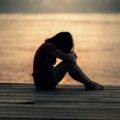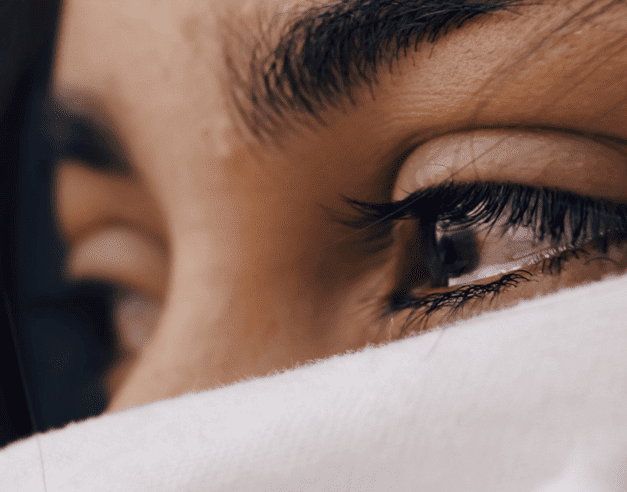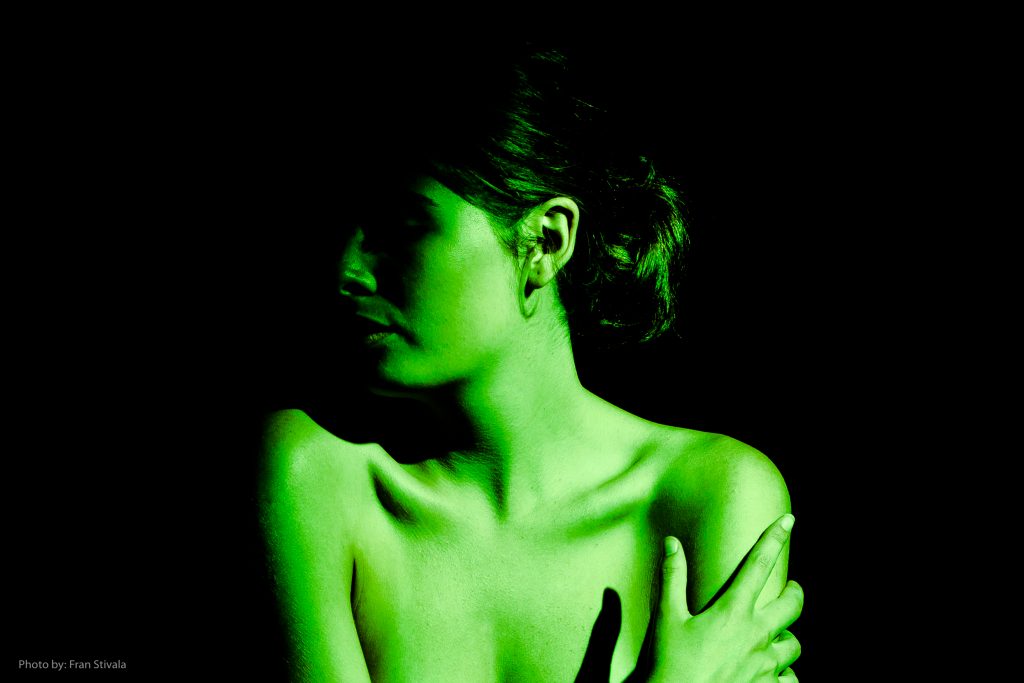
Trigger warning: Sexual assault, Rape – #metoomalta
When Women for Women admin Francesca Fenech Conti shared a personal disclosure of sexual assault on the Facebook group, little did she know that her splash would start a tsunami of anonymous messages from some of the 35,000 women in the group.
Tagging the posts with #metooMalta and #ibelieveyou, anonymous posts on sexual harassment, indecent exposure, sexual assault and rape have been flooding the group every hour, constantly for the last 3 days. In a snowball effect, more and more women are finding the courage to speak out about the sexual abuse they have survived, some women speaking about it for the first time.
“Never imagined there was going to be this reaction… yesterday I couldn’t keep up with the messages. Most women want to share their stories help other women and raise awareness.”
Francesca Fenech Conti
The hurt and pain of dealing with a sexual attack alone for years can be felt in every word of every story. The horrific exposure of so many cases of childhood sexual abuse, many committed by close family members, begs one to question:
In a country that holds innocent young children to the highest value and regard, how do so many child sex offenders manage to get away with ruining the lives of so many?
“I got married, I’m happy, but I never had children. I didn’t have them, to protect them.”
Childhood sexual assault survivor
Fathers, cousins, uncles, partners, grandparents are among these, and it’s not just family members. There are stories of sexual assault and rape on women and girls committed by people who are trusted community leaders and professionals, doctors, lawyers, teachers, headmasters, priests and police officers, grooming and manipulating women and girls, trapping them, assaulting them, raping them and blackmailing and threatening them to never speak a word.
Some have questioned why the victims don’t report the perpetrators, but the answers lie in the lines of the painful memories of women who were ignored, blamed, punished and ostracised for revealing the truth.
“The first thing the police told me was: You know you can go to prison for 2 years for lying right?”
“I had told my mother about what my father did to me, but she told me to stop making things up.”
As you read on, the sick violations that so many women have experienced make your stomach turn and your blood boil. The lack of protection offered by the State, as stated in some of the disclosures, is shocking.
“I am really hurt and angry at the whole system that fails us all the time. I just wanted justice for my daughters… he was allowed supervised visits, my kids screaming being taken away from me for 4 hours a week.”
– Survivor and mother of child survivors of rape.
For many others, they bring back memories that have long been buried under a not-so-deep layer of intentional and unintentional numbing and memory loss. Triggers are always a concern when discourse and disclosures around sexual assault and violence take place, especially online. The overall mood of sadness and anger is palpable as seen in #metoomalta experiences.
Mothers and grand-mothers comment about the importance of prevention and warning young girls to be vigilant and to know that no one can touch them inappropriately.
While this is important, focusing primarily on what girls/women can do is what feeds into victim blaming: the idea that the victim should have somehow known how to prevent or stop the attack. In fact, so many women admit to feelings of guilt in their courageous and raw disclosures.
The discussion around perpetrators and attitudes around rape and consent is very much missing. Add to that the fact that boys and men can be #metoomalta victims of sexual assault and rape too. Perhaps there is a need for safe spaces for men and boys, fathers and sons to have these important discussions and find peer-support as women have.
Sexual assault and rape are not about sex, they are about power, as was evident in the #metoomalta experiences, and research shows that persons who commit these crimes generally don’t think they are the problem. In a patriarchal society such as ours, this thinking bleeds into how the collective community thinks and that’s why victim blaming and slut shaming are a thing.
Survivors know they risk not being believed, they risk becoming the ones that are ‘put on trial’ and while many have hidden their truths not to cause further pain and suffering to other family members, others have kept silent because it’s too much to bear and they don’t want to let it consume another day of their lives.
Still, sexual assault and rape can wreak long term havoc and anguish in the lives of survivors, leading to anxiety disorders such as PTSD (Post Traumatic Stress Disorder) among others. Counselling and therapy are recommended for persons who have been impacted by rape or sexual assault as depicted in #metoomalta experiences, so it’s important to know where you can get help if this is you or a loved one.
Victim Support Malta
Victim Support Malta is a local NGO which provides support to victims of sexual assault and rape.
Any victim of sexual assault who is over the age of 18 and presents at hospital will be offered the support of a social worker through this service. The role of the social worker is to be with the client throughout the initial stages of accessing support, and to ensure that clients are well supported and well informed of what is happening when they are speaking to the police, or being forensically and medically investigated.
Clients are also offered free psychotherapeutic and legal support. Free legal support means that the client will be represented, parte civile, throughout the court proceedings. Expert lawyers will liaise with the police to ensure that the client is kept well informed of any progress in the case, be present for each court sitting, be the voice of the client, and support the client in testifying in court. Lawyers also ensure that the clients rights are honoured throughout the court proceedings.
Psychotherapists and counsellors are there to help the client to process what has happened. Sexual assault can have a negative impact on a person’s self-esteem and self-image. PTSD is also very common in survivors of sexual assault. Some symptoms of PTSD include experiencing traumatic reminders of the assault through memories, flashbacks or nightmares, and avoidance of any trauma related stimuli. Due to the trauma, individuals sometimes find it difficult to connect to others, which might lead to isolation. The role of the psychotherapist or counsellor is to support the client through these difficult experiences, and to help the client to overcome psychological consequences of sexual violence.
Services are also available to individuals who have experienced sexual assault and rape in the past. There is no time limit for services to be accessed. Victims are free to access which ever services they wish to utilize, whilst refusing the rest.
For more information regarding the Care for Victims of Sexual Assault service, kindly contact Krista Tabone on 21228333 during office hours or at [email protected].
If you too would like to share your #metoomalta story anonymously and in full confidence and many others already have please contact us or send an email to [email protected]
A Book We Should All Have And Read To Our Kids
From safe and unsafe feelings, “early warning signs”, and a five finger safety network of adults that you can trust to tell anything, this book provides a comprehensive guide for maintaining body safety, recognizing personal feelings, and what to do in uncomfortable or even dangerous situations.
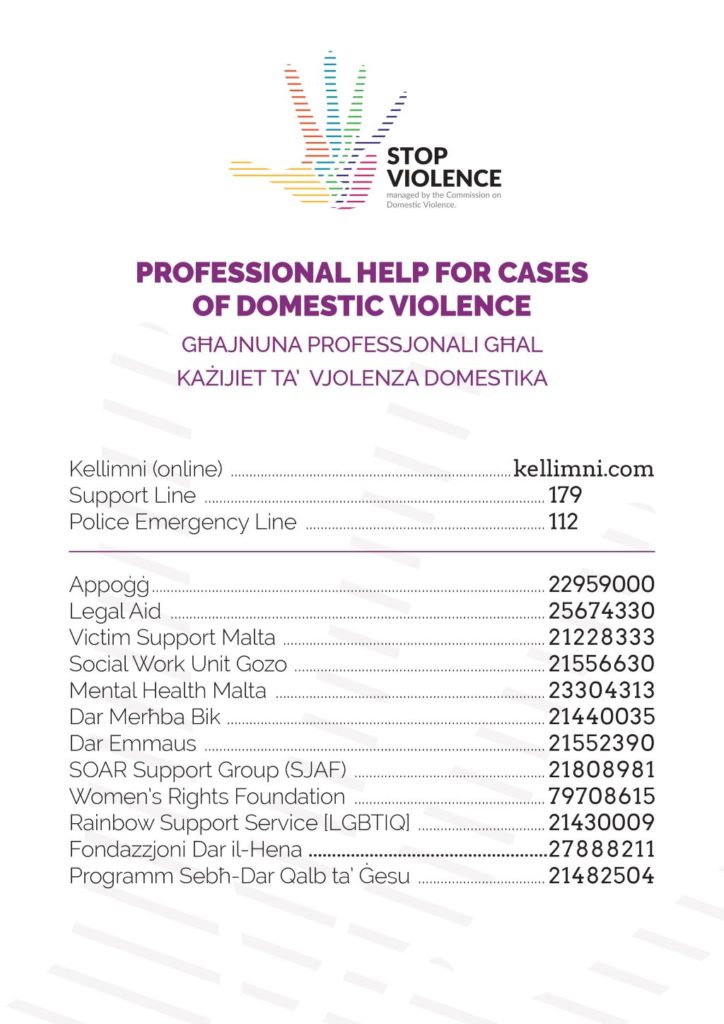
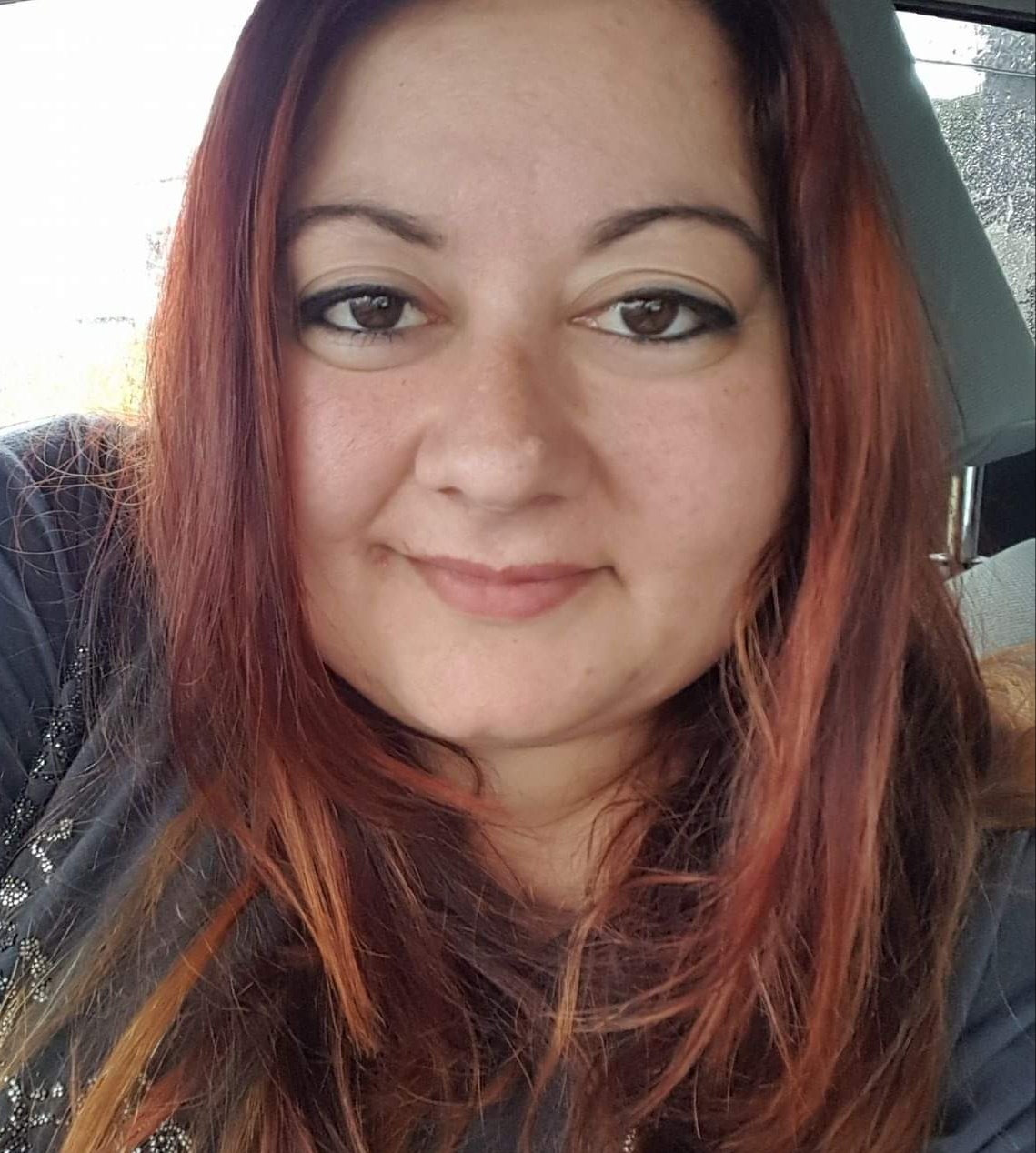
Elaine Compagno is a trainer and adviser in the area of intimate partner violence and risk. She is a co-founder of the SOAR service within St Jeanne Antide Foundation, an innovative service offering peer-support to survivors of domestic violence.
Elaine is an accredited trainer in DASH Risk Checklist Training and also designs and delivers training on Domestic Violence from survivors’ perspectives. She is a survivor of domestic violence, an activist and feminist with a background in Youth and Community Studies and Gender and Development.



